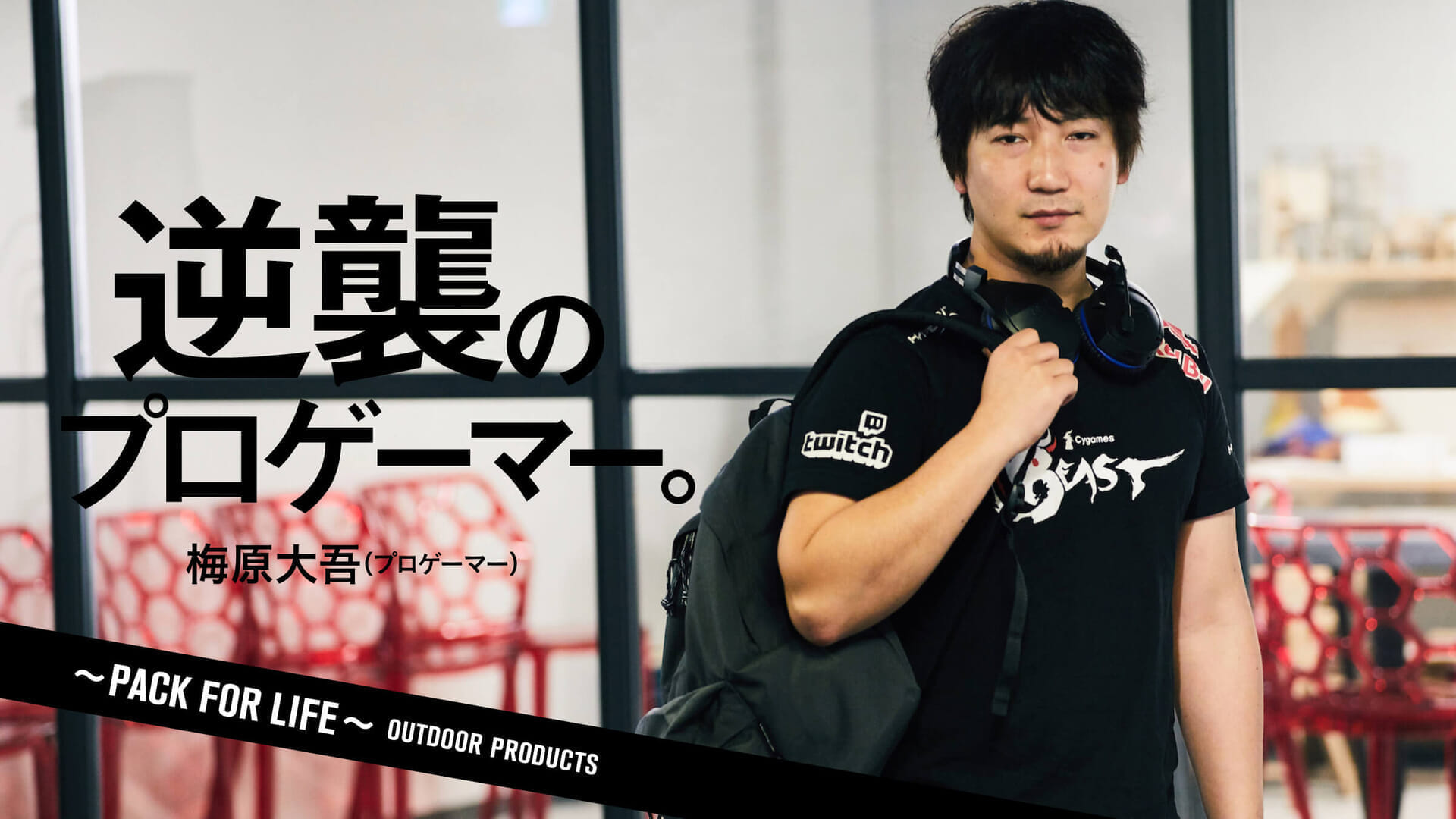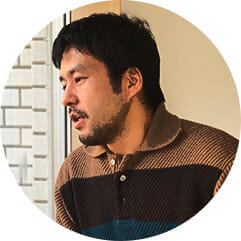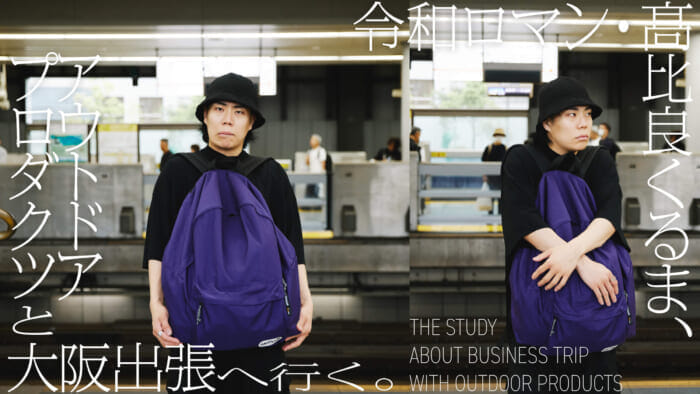It is dangerous to go against the grain when one winning method is pinned down.

Do you feel that your approach to games has changed since you started working on what used to be a hobby?
Umehara:What I was doing was supposed to be the same, but I felt bored with the game for the first time in my life because it had become something I "had to do. That was a big blow mentally for me, because I had always loved games. I thought that the only reason for me to win was to play longer than others, so boredom was fatal. So I sensed the danger and took measures.
What measures did you take?
Umehara:For example, after a day of playing, I always write down what I noticed and what I was able to do that day, no matter how trivial it may seem. If I discover even one thing, I can find meaning in the game I played today, and I get the feeling that I have made a step forward, which motivates me to do my best again tomorrow.
In his book "The Will Power to Keep Winning" (Shogakukan), Mr. Umehara wrote that he discards as much as possible plays that are pointed out by others as "good" and starts exploring other tactics the moment he completes a certain tactic. I wondered if that was also a way to avoid getting bored.
Umehara:Yes, that is true. Also, when I wanted to achieve results as quickly as possible, I streamlined my play more and more, and I was able to win, but about a year or two later, I suddenly stopped winning. In short, I learned from experience that if you pursue the quickest way to win, there will always be repercussions later. So, even if I find a way to win, I don't go after it, but leave room for 20-301 TP10T.
Investment?
Umehara:I don't just shove 1001 TP10T into stocks that are sure to make a profit now, but I also allocate a percentage to other things that maybe, just maybe, won't make a profit. If you are always looking for other investments like that, you have a crazy number of options when the time comes. The point is, if you've been winning in one must-win way, so to speak, you have no way to play when that path is blocked. And they don't do anything inefficient because they play for efficiency. That's why they don't have much information on hand. On the other hand, those who have taken many detours are slower, but they know the way out and have more information, including unnecessary ones. I believe that the most dangerous thing is to reach a dead end.

This year marks the 10th anniversary of your professional career. What has changed in the past 10 years?
Umehara:I am no longer as gung-ho as I was in my first year, but I think my approach to the game is becoming more sophisticated.
Do you mean refinement in the sense of efficiency, as you just mentioned?
Umehara:No, it's streamlining. But it's not that the battle methods are becoming more efficient, it's the way of effort that is becoming more efficient. For example, in the first year, after playing games for 16 to 18 hours a day, I reached my limit. I felt sick of even touching the levers. That's when I started looking for a way to put in a reasonable workload for myself. Well, when a competition is approaching, I tend to rely on time, but that is not very efficient, because it is also a form of self-satisfaction. So, I think I have refined my practice methods over the past 10 years in order to make proper progress.















